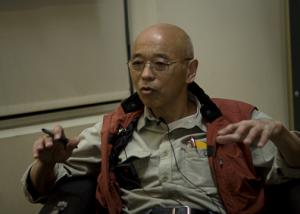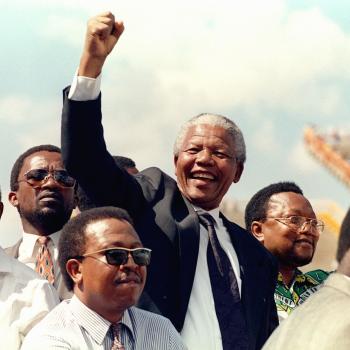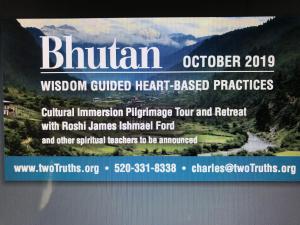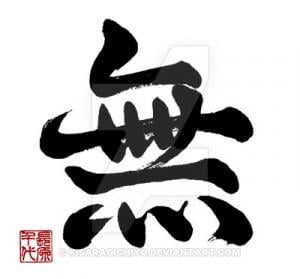“Popular descriptions of the koan as ‘riddles” or ‘paradoxes’ make it seem as if the Zen practitioner is interested in little more than the solving of intellectual puzzles. Those interested in enhancing the spontaneity of athletic or artistic performance tend to focus on Zen as a training technique for attaining a state of consciousness in which ‘the dancer is one with the dance.’
“Scholars who study Zen as a language game give the impression that the practitioner is basically learning a new set of rules for language. Others insist that the notion of religious experience or Zen experience is a concept manufactured and manipulated for ideological reasons, depicting the practitioner as primarily engaged in some form or other. of cultural politics. Critics who suggest that the koan is a form of ‘scriptural exegesis’ give the impression that the Zen koan practice differs little from scholarship in general.
“These kinds of interpretations of Zen practice are misleading at best. The koan practice is first and foremost a religious practice, undertaken primarily not in order to solve a riddle, not to perfect the spontaneous performance of some skill, not to learn a new form of linguistic expression, not to play cultural politics, and not to carry on scholarship. Such ingredients may certainly be involved, but they are always subservient to the traditional Buddhist goals of awakened wisdom and selfless compassion.”
Victor Sogen Hori, Zen Sand: The Book of Capping Phrases for Koan Practice, pages 5-6.












